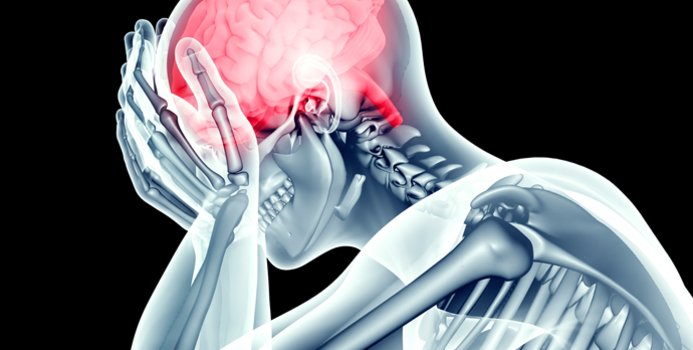DEALING WITH A CONCUSSION
If you’ve had a concussion, the first 10 days are crucial. During this time you are at the greatest risk for another concussion. Not only that, your risk of getting another concussion rises every time you have one. If you can protect yourself in those first few days, you’ll have much better odds of a full recovery.
But first, you need to know that you have a concussion. Effective concussion management starts with recognizing the signs and symptoms, some of which may show up hours or days after your injury. It is important for parents, coaches, trainers and athletes to recognize these early signs. They typically include:
- Difficulty thinking clearly, concentrating or remembering new information.
- Headache, blurry vision, queasiness or vomiting, dizziness, balance problems or sensitivity to noise or light.
- Irritability, moodiness, sadness or nervousness.
- Extreme sleepiness or difficulty falling asleep or remaining asleep.
Any athlete with potential concussion warning signs should see a physician as quickly as possible for a diagnosis. Remember, there is no simple test for a concussion. Many concussions can be missed if you rely only on a simple five-minute assessment done on the sidelines.
Athletes, coaches, parents and health care providers should all be up to date on concussions. If you are not comfortable dealing with a concussion yourself, have a concussion plan in place so you know exactly who to ask for help if someone shows warning signs.
Do you have a concussion? Not sure or haven’t been diagnosed? Please consult a medical practitioner. Dr. Alexandra Tarkowski, for consultation, diagnosis and treatment of concussions. Please call or email us for more information.


